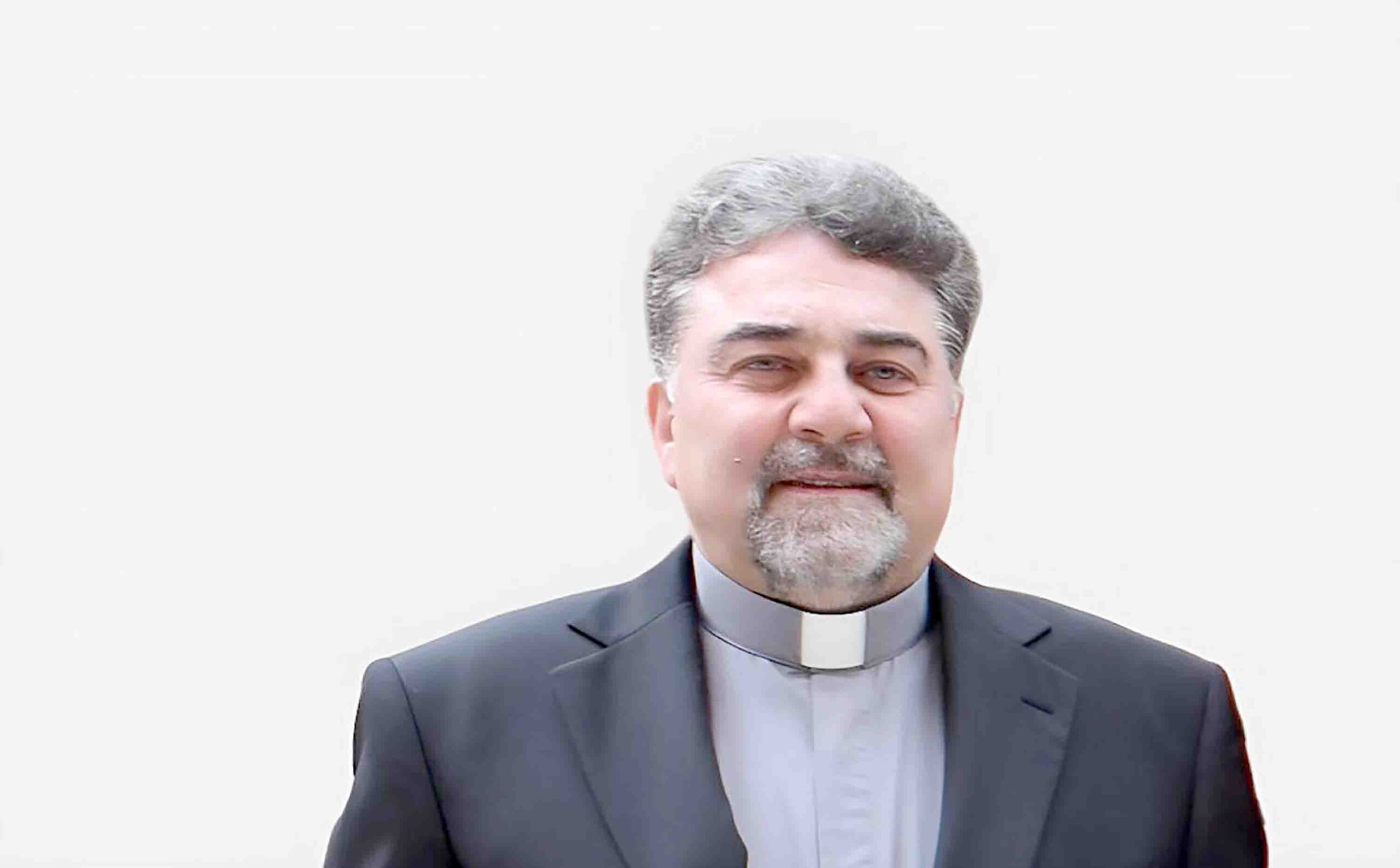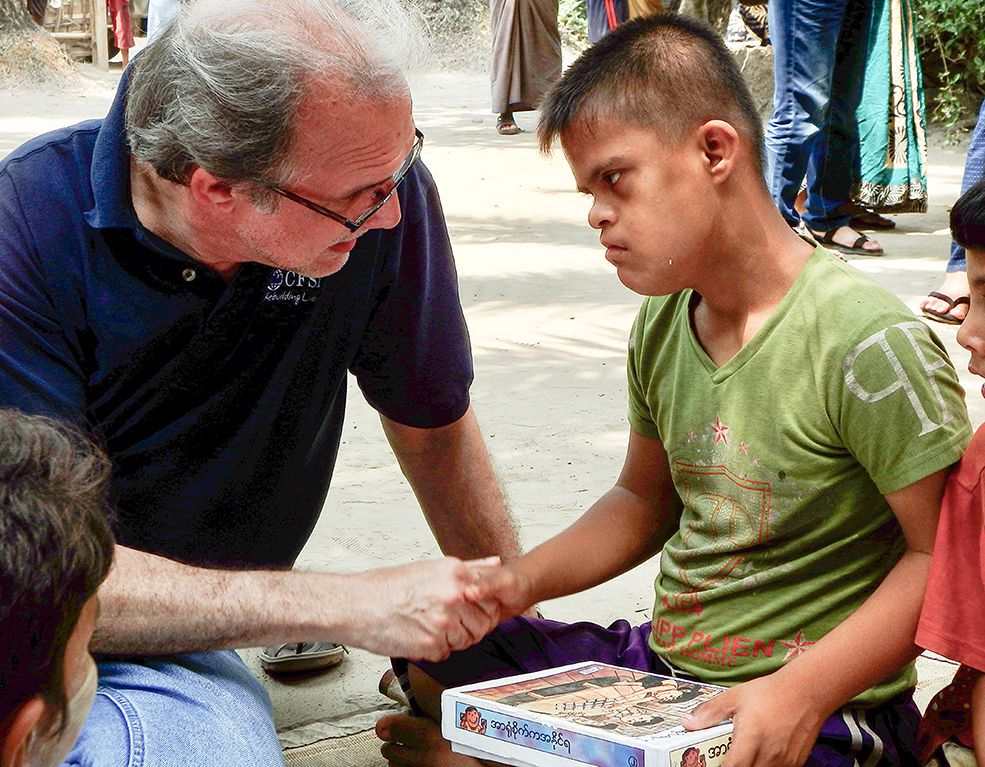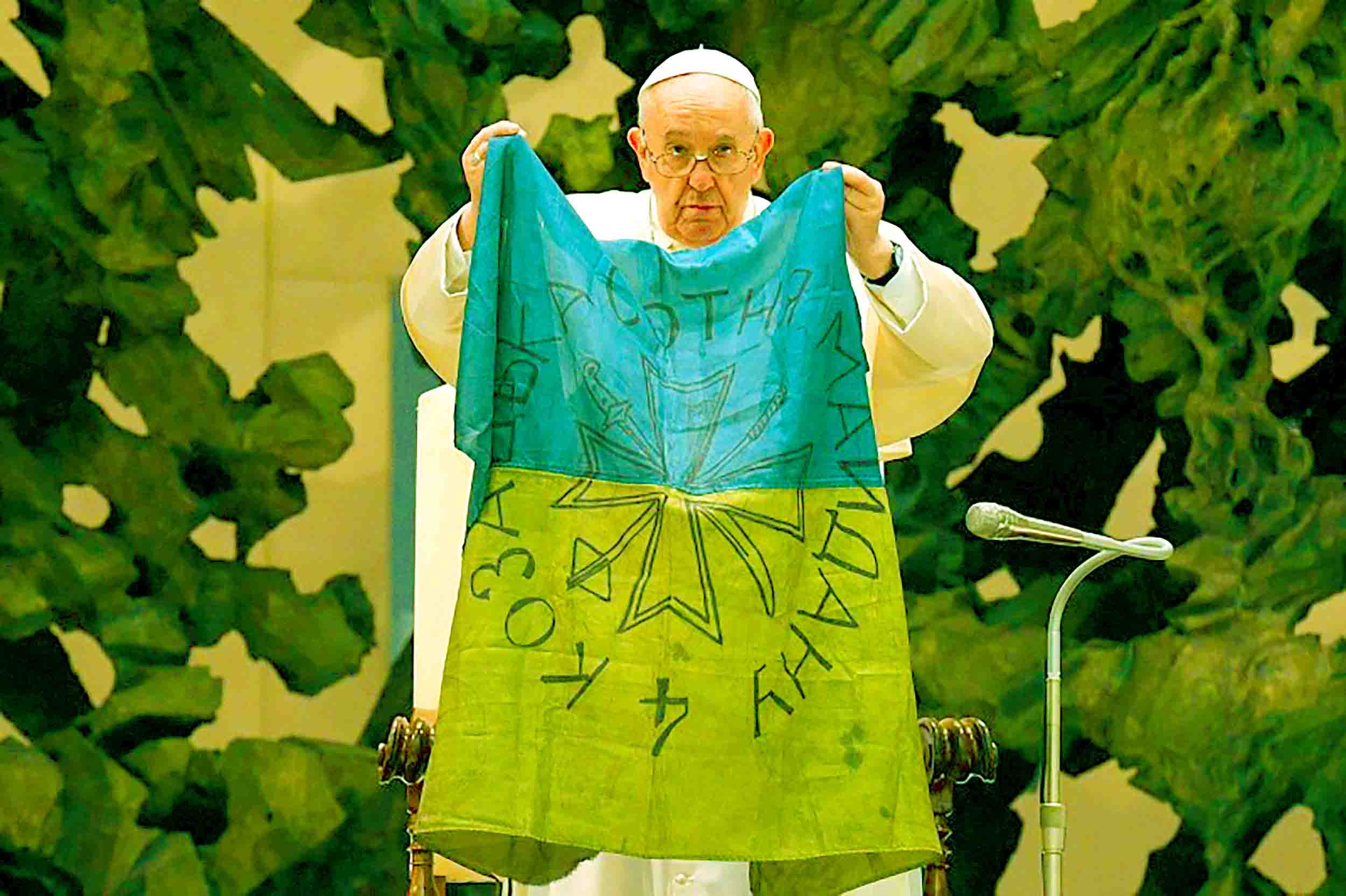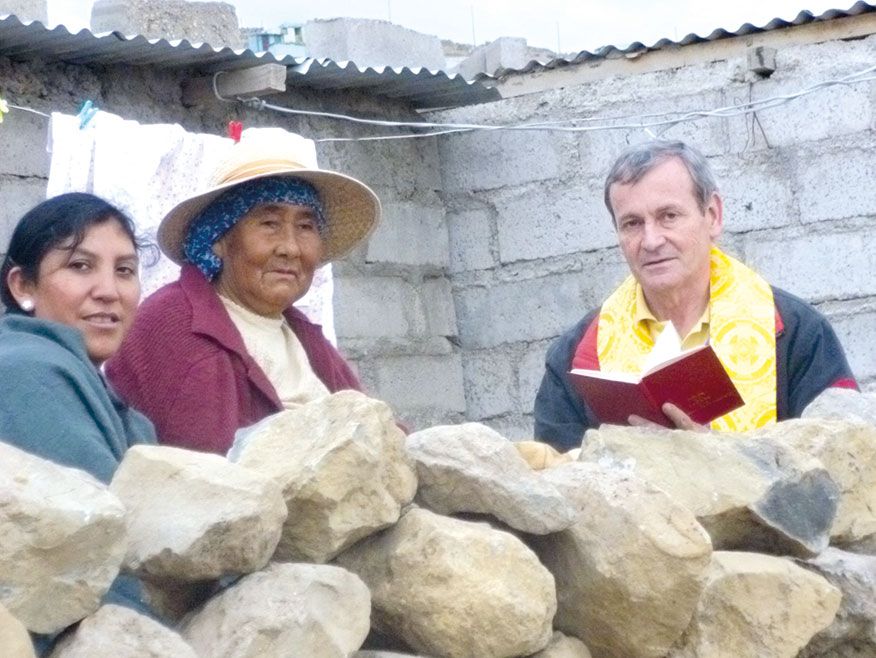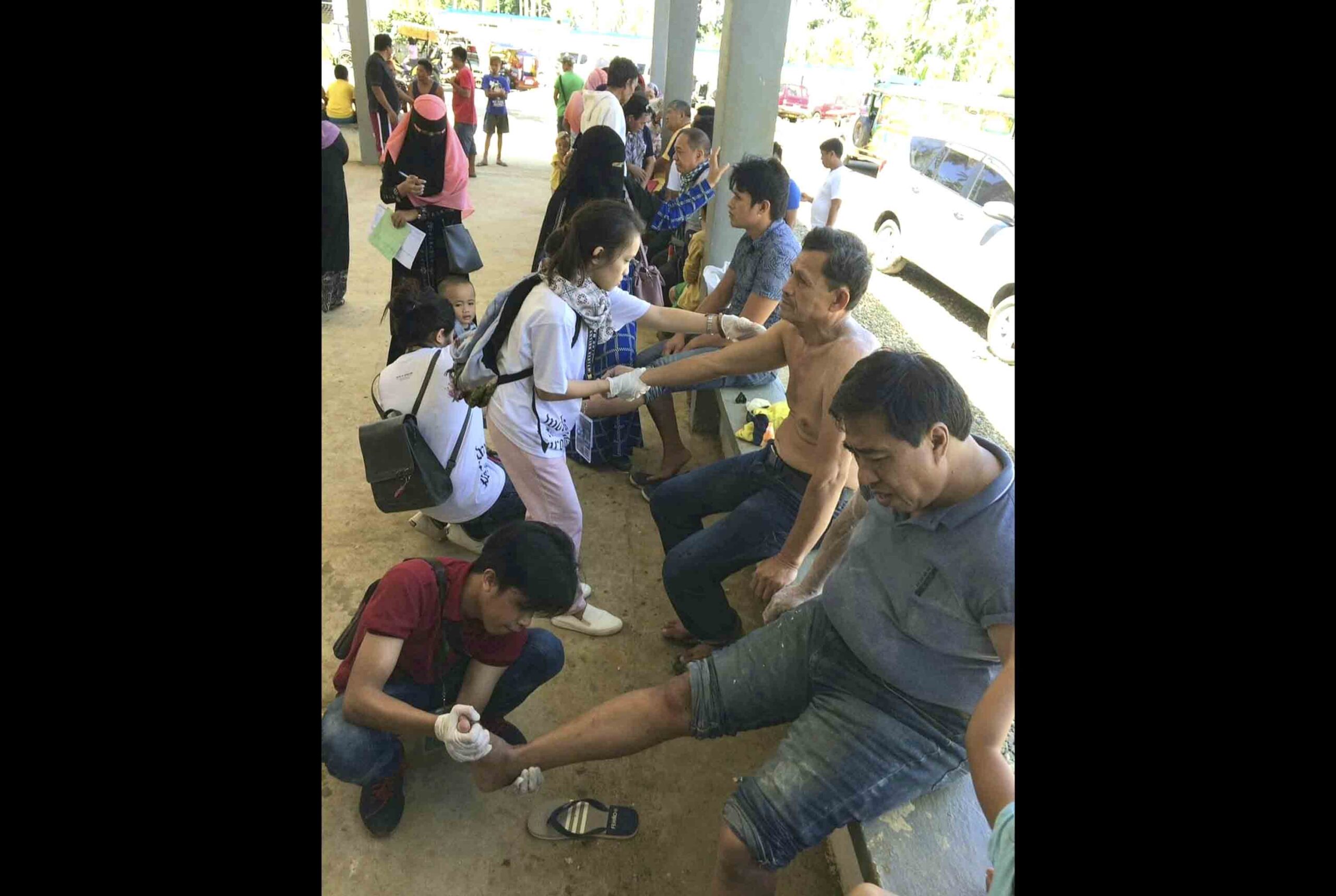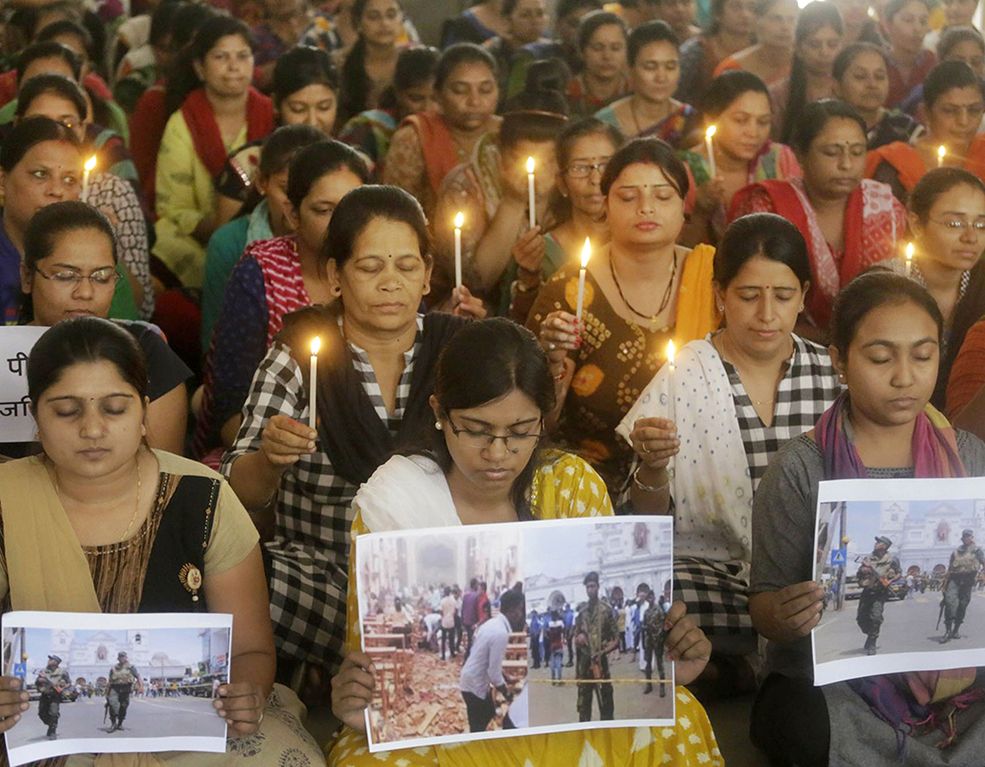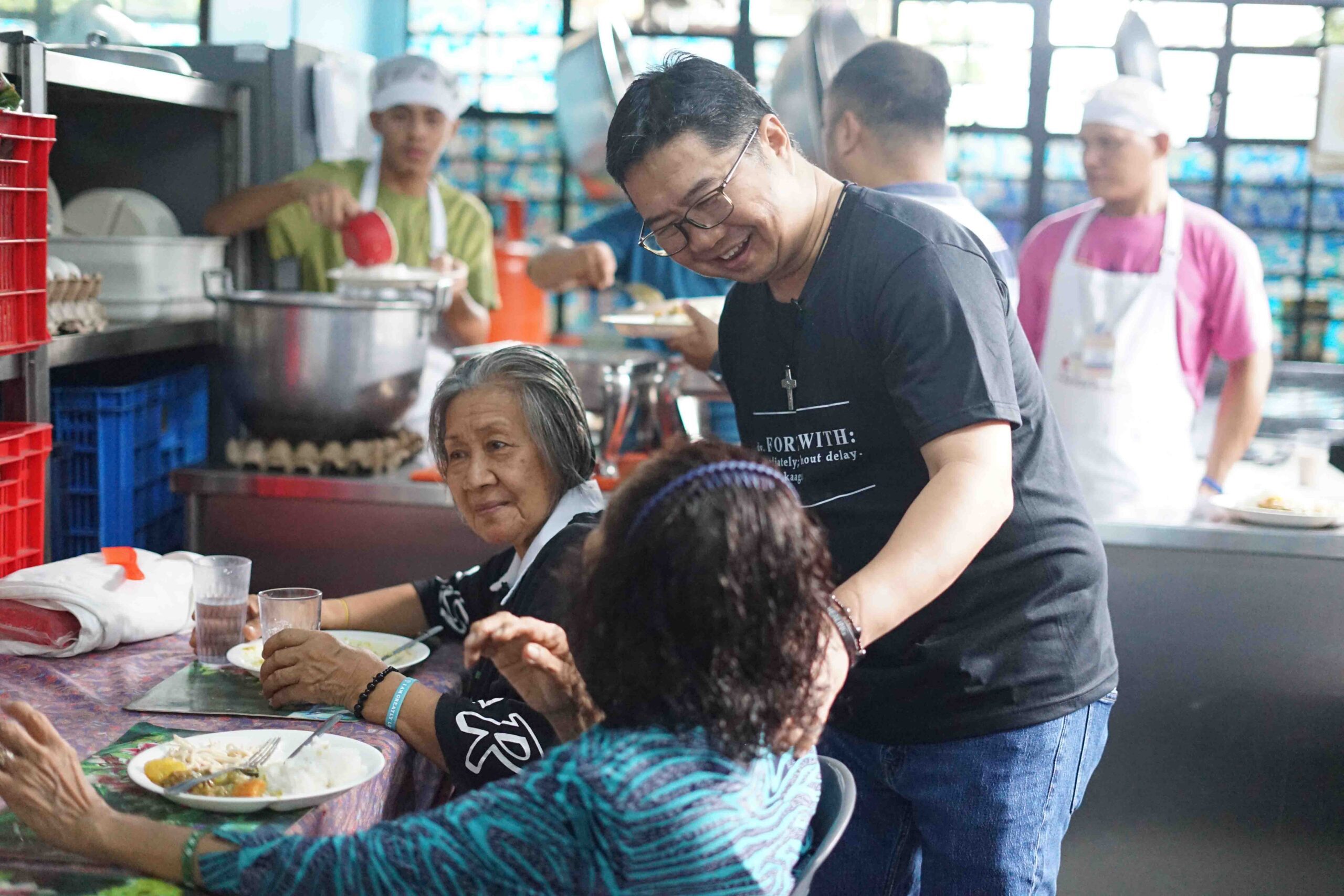In the present time, when people are divided into opposing camps as a result of disinformation, journalists and other communicators must possess moral ascendancy more than ever. This is what Father Kevin Crisostomo, a Filipino clergyman, believes the truth-tellers are to build, keep, and strengthen to make themselves credible at all times.
Father Kevin, who serves as San Antonio parish priest in the Diocese of Parañaque, can see in the context of the Philippines Pope Francis’ observation that a few people control “massive data and information.” The Pontiff made this observation public in his World Communications Day 2025 message.
These few people exploit data and information to manipulate public opinion in favor of their agenda. This manipulation has spawned polarization and fanaticism among people as a result. “Pope Francis has been talking about misinformation and disinformation on the past occasions of World Communications Day,” Father Kevin said, noting that disinformation, particularly fake news, is deliberately fabricated to mislead people for the advantage of the people behind it.
SO MUCH NEGATIVITY
Social media feeds people “so much negativity,” the priest observes. The Pope now looks at it with “a greater concern.” Recent studies showed that the more negative the content, the more it draws attention on social media.
When content draws the anger of the audience, it generates more engagement on social media, a fact that is evident in the context of the Philippines, explains Father Kevin. Social media offers platforms for publishing content not only to newsmen and communicators but also to everyone states Father Kevin, who also does newscasting at Radio Veritas 846, a radio station owned and operated by the Archdiocese of Manila.
Every person who has a phone with a camera is somehow a journalist, the priest says. As long as a person owns a camera and a social media account, he can disseminate information and his opinion. “Unfortunately, we tend to show more of the bad news than the good news,” he said, noting that negative news sells.
COMMUNICATORS OF HOPE
In light of this, Pope Francis invites the people to become communicators of hope, says Father Kevin. In the Philippines, some people have more phones than toothbrushes, notes Father Kevin. “Because of this, we are invited to use the channels of communication that we have responsively and properly,” he said, adding that devices should be utilized more to inspire hope.
Hope in a time of division as a consequence of disinformation means positive change. But Father Kevin also draws a line for the free speech that people exercise on social media. According to him, unlike media outlets, a phone user does not have a board that reviews his content before making it public.
He also makes clear that telling the truth is not negativity. “On one side, there is whistleblowing and telling the truth,” he said. “Telling the truth is neither negative nor bad.” Father Kevin also states that telling the truth is not maligning a person or a group of people.
The priest also cautions people about some individuals and groups who turn lies into truth and truth into lies. Father Kevin’s observation brings to mind the propaganda belief, which is usually attributed–but debated–to Nazi top propagandist Paul Joseph Goebbels that says: “If you tell a lie big enough and keep repeating it, people will eventually come to believe it.”
Manipulating public opinion through social media is a numbers game, says Father Kevin. Some may easily believe in something for the mere reason that it has many reactions. “It makes it difficult for people to determine what is true or not,” he said. “And it does not mean that one thing is true just because many have liked, many have shared, and many have viewed it.”
Father Kevin advises people to exercise caution when engaging with content on social media. “We need to be more discerning, perhaps number one on what we consume, and number two on what we share,” he said.
Father Kevin says that a person becomes an agent of truth or an agent of disinformation for what he shares on social media. To combat disinformation, the priest believes that first, the Church should continue telling the story of Christ and second, it should demonstrate “more examples.”
He says these examples include upright moral life, witnessing the truth, doing ministry, and more. Many good examples on the part of the Church do not have the opportunity to be known to the public as the others, but it does not make them lesser, explains Father Kevin.
Thirdly, to combat disinformation and tell stories of truth and hope, the Church should embrace the advancement in communications technology, not fear its presence, according to the priest. “Right now the discussion is about Artificial Intelligence (AI),” he said, noting that AI should be harnessed as a tool responsively and constructively to get the message across to people.
Father Kevin views AI as a tool that aids communication and should not override the channels used by the Church. People should see faces of people and their human dignity in the news they read, not just the news itself, says Father Kevin.
“As journalists, we must always look at the faces of people we encounter,” he said. “We are not just after information, but the very people we are communicating to.” Pope Francis, in his message for World Communications Day, says Father Kevin, invites journalists and communicators to never forget the face of the people and speak to the hearts of men and women.
According to Father Kevin, people can be “slaves of algorithms.” “We could just keep on counting the numbers of likes, shares, and views. But we forget how it affects the person,” he said. Communication must be capable of prompting constructive change.
HEARTFELT TRUST
Father Kevin says journalists must communicate not just for numbers but, most importantly, for the dignity of the people who deserve to know the truth. That is why looking at the face of the person is important. Father Kevin also states that the Pontiff invites newsmen and communicators to “make room for heartfelt trust.”
Pope Francis looks into the heart of the human person, explains Father Kevin. “Unfortunately, what does the heart contain,” he said. “The heart contains whatever it receives. The heart is like a sponge. It receives whatever is around us.”
Father Kevin believes one’s credibility is indispensable in the world of journalism. A newsman can stain his reputation not only with the mistakes he commits in reporting, like biases but also with his personal choices and actions that are scandalous to people.
“Trust is something given,” he said. “But when it gets broken, it’s hard to regain.” Trust is aptly tied to hope, adds Father Kevin. People give their trust to someone, or something, because they put their hopes on them. The hope shared among people stays alive when journalists and communicators are reliable and possess moral ascendancy.
In his message for World Communications Day 2025, Pope Francis mentioned that disinformation generates not only division but also hatred, discrimination, and fanaticism. Father Kevin can see this in the Philippine context, especially in politics.
“It is unavoidable, it is part of the role of the Church to speak about the public sphere and form the conscience of people,” he said, noting that some people mistakenly think the Church is intervening in state affairs.
CONSCIENCE FORMATION
“According to Saint Augustine, the city of man is the city of God,” he said. “Therefore, the social concern of the Church is building leaders who will lead the nation. And that is part of the formation of conscience, which is the role of the Church. Our role is conscience formation. It is just sometimes people interpret conscience formation as mingling in politics.”
The Pope’s message mentioned manipulating public opinion. Father Kevin can see this happening in the Philippine context, especially in politics. Surveys can be rigged to influence election results in favor of particular candidates, says the priest.
For Father Kevin, both journalists and the audience should possess “a heart for the truth.” The audience should exercise more critical thinking than emotional attachment to leaders. Fanaticism can dismiss truth when facts do not align with their biases.
In the Philippines, some people still hold political opinions shaped by disinformation during past elections. People were misled into demonizing legitimate media outlets and glorifying fake news purveyors, who employ trolls to create a false impression of a massive following to attract support.



















